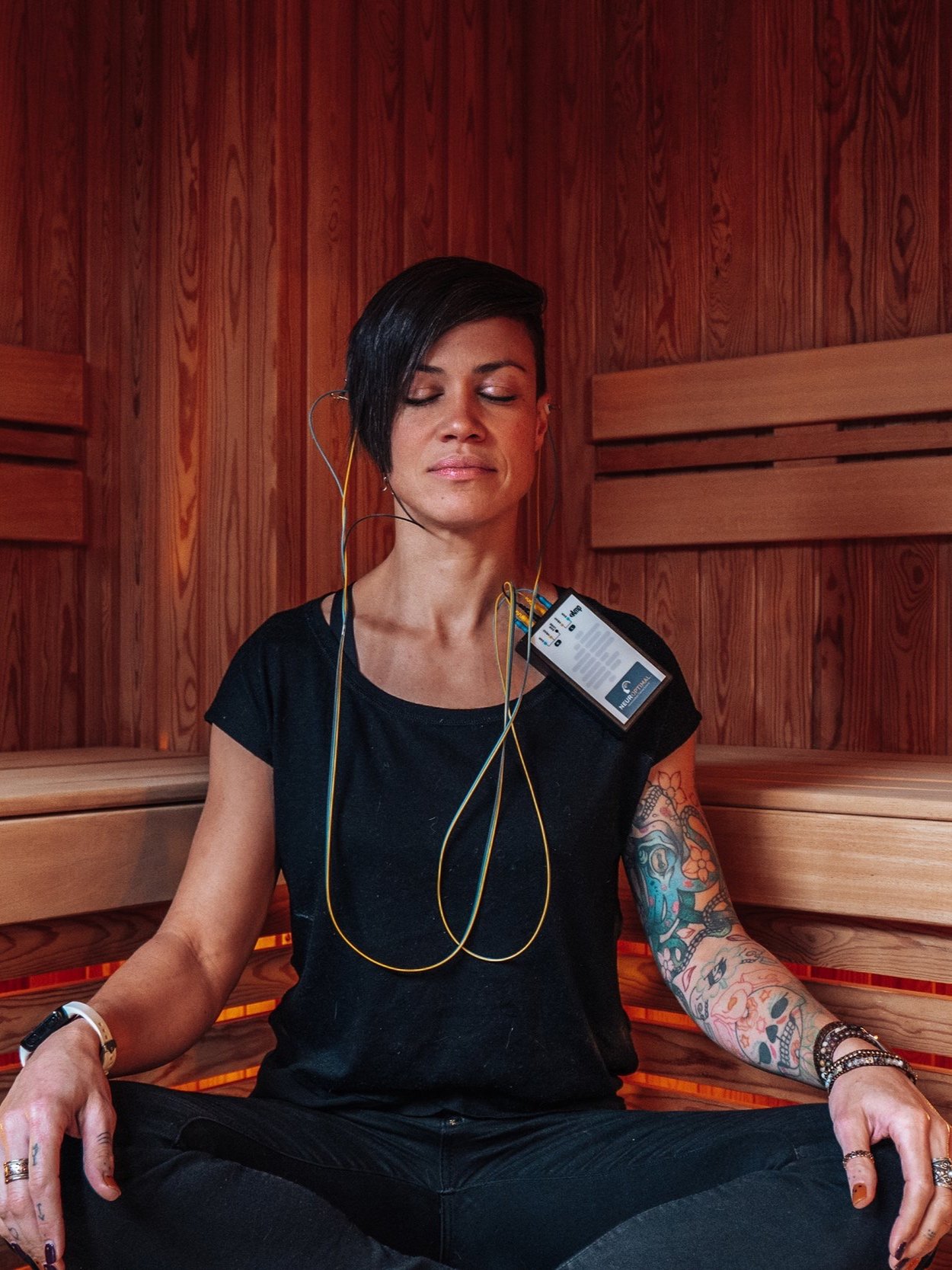
Enneagram
You’ve probably seen the Enneagram on Instagram or TikTok—memes, quizzes, maybe even Buzzfeed personality tests. It’s easy to assume it’s just another pop psychology fad.
But the truth? The Enneagram is not new—and it’s not fluff.
The Enneagram has roots in observations of human behavior and personality that stretch back over a century. It has since developed into a rich, nuanced framework for understanding both how we’re shaped by life and how we can grow. Today, it’s used across secular and spiritual circles as a tool for personal development, emotional awareness, and relational health.

Why the Enneagram Matters in Therapy
The Enneagram goes deeper than surface-level traits—it helps uncover the motivations and adaptations driving your patterns. This is where true insight happens.
In therapy, I often integrate the Enneagram to help you:
Develop greater self-awareness around your automatic responses and core fears.
Build empathy and compassion for your partner, family, or friends.
Understand the adaptations you’ve made in childhood or relationships—and how they still show up today.
Identify clear, personalized pathways to growth and healing.
For high-achieving women, women navigating religious deconstruction, or those exploring trauma connected to neurodivergence, the Enneagram can be a transformative lens. It validates your experience while pointing toward the growth you crave.
My Approach
I’m a Certified Enneagram Professional, with specialized training in how the Enneagram shows up in relationships and trauma. While we won’t force it into every session, it can be a powerful tool when you want to:
Process how past experiences shaped your core type.
Learn communication strategies that align with your type and your loved ones’.
Create a roadmap for growth that feels both practical and compassionate.
You can request to make the Enneagram a central part of our work together, or I may introduce it organically if I believe it would help deepen your insight.
Next Step
If you’re curious about how the Enneagram can support your growth, healing, and relationships, reach out today. Together, we can use it as one of many tools to help you move forward with confidence and clarity.

-

Accelerated Resolution Therapy (ART)
ART uses gentle eye movements and visualization to help your brain release stored trauma quickly and effectively. Many clients notice significant relief in just 1–3 sessions, making it a powerful tool for resolving painful memories and shifting negative beliefs.
-

Brainspotting (BSP)
Brainspotting uses the connection between your gaze and your nervous system to access and heal trauma at a deep level. By focusing on specific eye positions, your brain and body are able to process unresolved experiences in a way that feels natural and profound.
-

Neurofeedback
Neurofeedback helps retrain your brain to regulate itself. By receiving real-time feedback, your brain learns to spend more time in calm, focused, and balanced states—so regulation becomes your default rather than the exception.
-

Enneagram
The Enneagram is an insightful framework for understanding your core motivations, fears, and adaptations. It can help you recognize patterns that no longer serve you, deepen self-awareness, and create more authentic connections with others.
How the Enneagram Compares to Other Personality Tools
Tool
Enneagram
MBTI (Myers-Briggs Type Indicator)
StrengthsFinder / CliftonStrengths
DISC
What It Measures
Core motivations, fears, and adaptations
Cognitive preferences (how you process information, make decisions)
Natural talents and strengths
Behavioral tendencies in groups/work
Best Used For
Trauma healing, self-awareness, relational growth
Career guidance, workplace communication
Professional development, team building
Workplace communication and leadership
Limitations
Requires self-reflection, not always a “quick quiz” answer
Describes preferences but doesn’t address underlying emotional patterns
Focuses on performance, less on healing or growth areas
Surface-level descriptions, less personal depth
Why I use the Enneagram in therapy:
Unlike most systems that tell you what you do, the Enneagram helps you uncover why you do it—and how to change long-standing patterns for more freedom, connection, and confidence.

FAQs About the Enneagram in Therapy
Q: Is the Enneagram really relevant to therapy, or just a personality test?
The Enneagram isn’t a pop quiz or fad—it’s a deep framework that explores your core motivations, fears, and adaptations. In therapy, it’s used as a powerful tool to increase self-awareness, heal trauma patterns, and improve relationships.
Q: How is the Enneagram different from other personality systems?
Unlike personality tests that focus on behavior, the Enneagram helps uncover why you do what you do. It looks at underlying motivations and survival strategies, making it especially useful in trauma therapy and relationship work.
Q: Do I have to know my type before starting therapy?
Not at all. Many clients discover their type naturally through our work together. If you already know your type, we can integrate that insight right away, but it’s not a requirement.
Q: Can the Enneagram really help in relationships?
Yes. By understanding your type—and the type of your partner, family, or friends—you gain language for empathy, compassion, and healthier communication. It’s especially powerful for couples and women navigating attachment or relational trauma.

